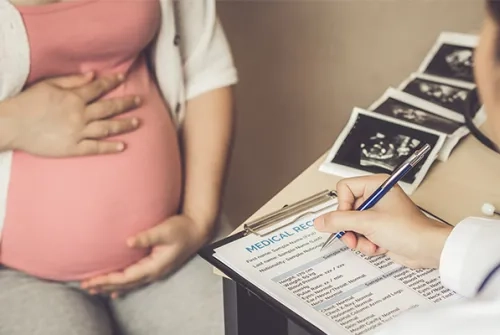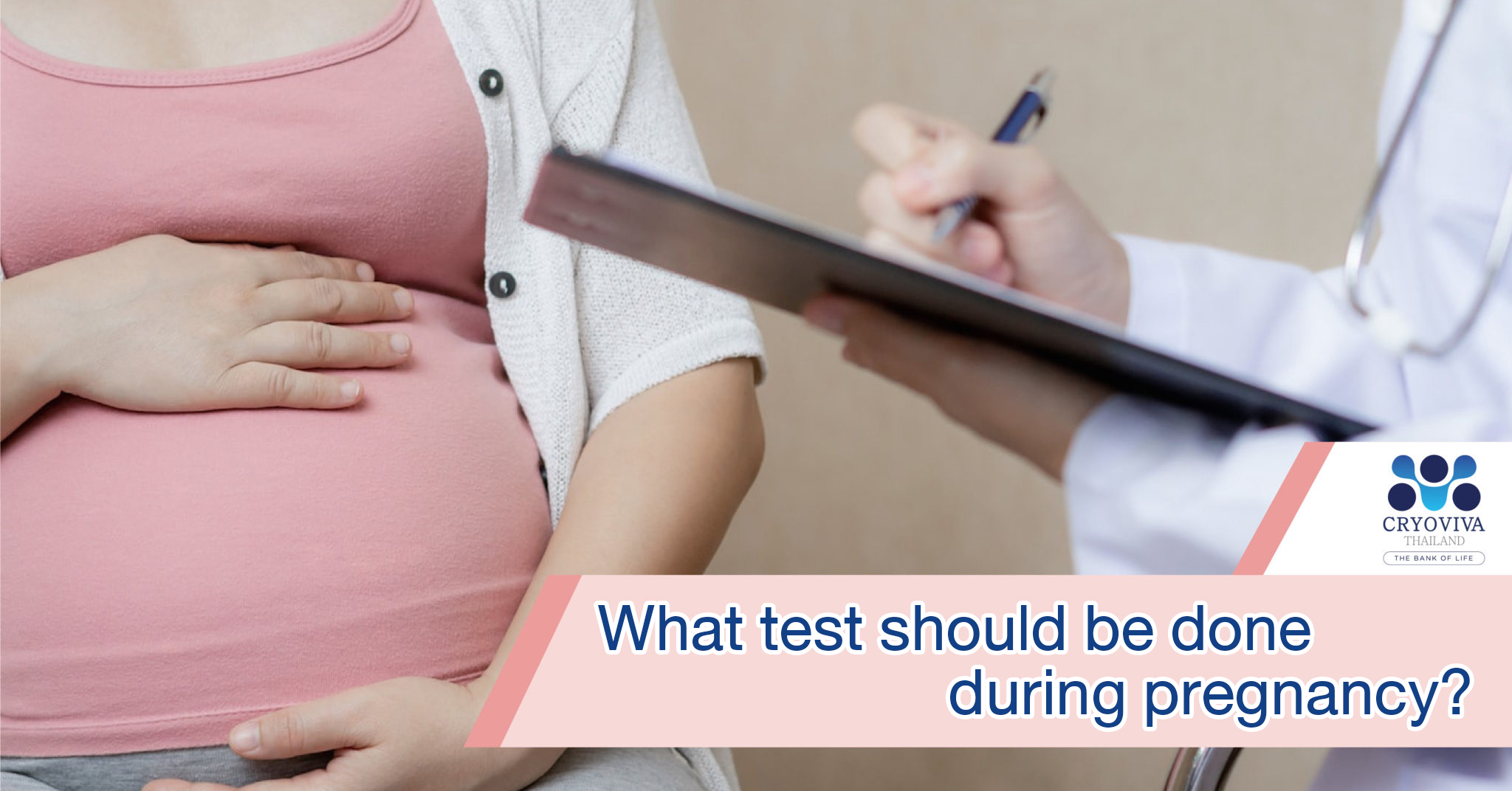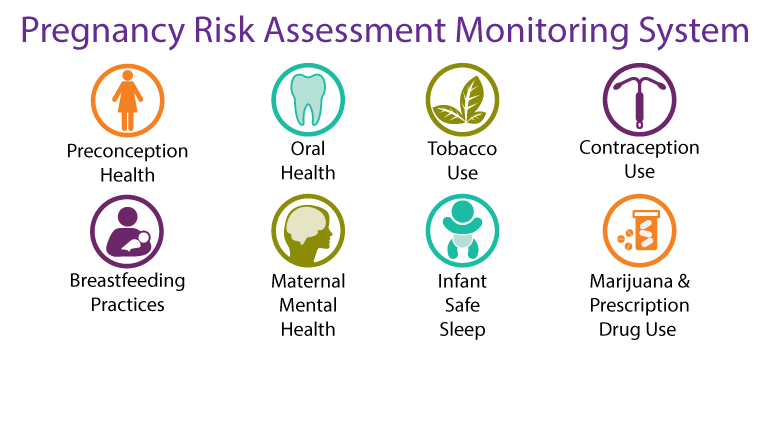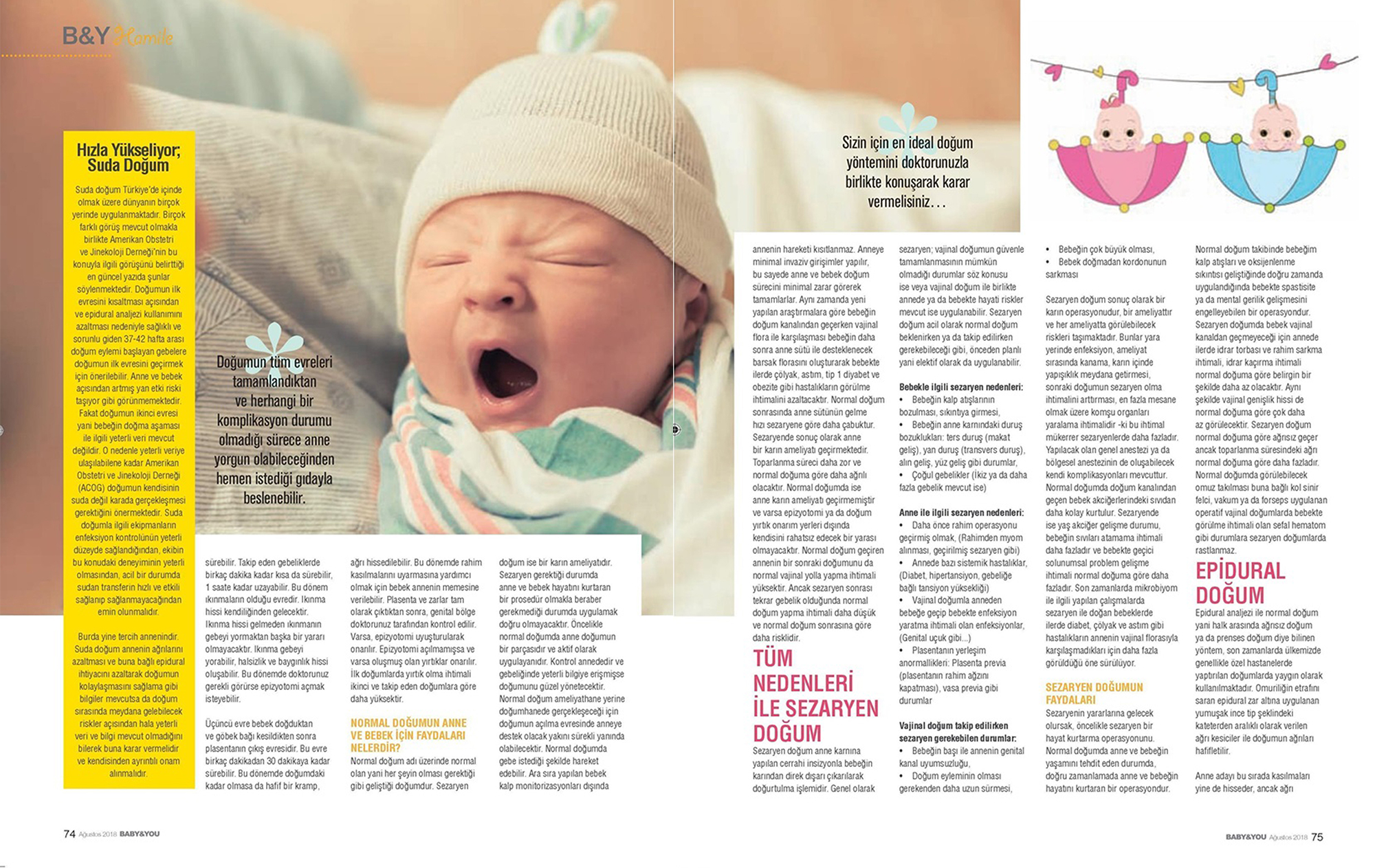Which Tests Should Expectant Mothers Not Neglect? What Tests

The Way to a Healthy Pregnancy Goes Through These Tests The tests that should be done during pregnancy help both the baby and the mother to go through this process healthily, and provide timely treatment when necessary. Gynecology and Obstetrics Specialist Prof. Dr. Rukset Attar said that the tests to be done during pregnancy are therefore very important. Yeditepe University Kozyatağı Hospital Gynecology and Obstetrics Specialist Prof. Dr. Rukset Attar, emphasizing that undesirable situations such as miscarriage, pregnancy problems, and premature birth can be prevented through regular check-ups, warned that the said tests should not be neglected. Prof. Dr. Atar said, “While some of the tests performed to detect some problems that may arise during pregnancy are routinely performed under the control of a physician in all pregnant women, other tests that are not routine can be performed if the physician deems it necessary in line with the medical history of the person and her family.” Pregnancy Test (Beta hCG) Prof. Dr. Rukset Attar, who stated that the first test to be done during pregnancy is the blood pregnancy test called beta hCG, said that this test is important both in showing whether pregnancy really exists and in distinguishing between ectopic and intrauterine pregnancy. She also pointed out that ultrasonography should be performed together with beta hCG for this purpose. Double Screening Test Is a Highly Reliable Screening Test Between 11-14 weeks, a blood test called the double screening test, which shows the risk status for some chromosomal disorders, especially Down Syndrome, is performed. Prof. Dr. Rukset Attar, explaining that an ultrasound should be performed the day before this test will be performed, gave the following information: “With the ultrasound, it is checked whether the baby's neck thickness, whether there is a nasal bone, cardiac or any other anomaly. In risky pregnancies, a free fetal DNA test can be performed in the mother's blood starting from the 10th week. In the Free Fetal DNA test, fetal chromosomes are also examined by obtaining free fetal DNA from the blood of the expectant mother. Although this test is not a definitive diagnostic test, it is considered a highly reliable screening test.” Triple and Quadruple Screening Tests Prof. Dr. Rukset Attar reminded us that triple or quadruple tests can be done for chromosomal anomaly and spina bifida screening between 16-20 weeks and said, “Double, triple, quadruple screening tests and free fetal DNA test in maternal blood are screening tests. Therefore, in cases where there is a high risk in these tests, chorionic villus biopsy, amniocentesis or cordocentesis should be performed according to the gestational week in order to make a definitive diagnosis.” Important Parameters are Evaluated with Detailed Ultrasound According to the information given by Prof. Dr. Rukset Attar, detailed ultrasonography should be performed to evaluate parameters such as the condition of the baby's organs, the condition of the placenta, called the baby's partner, the length of the cervix, and the blood flow in the vessels feeding the uterus between 20-22 weeks. Sugar Loading With the effect of pregnancy hormones during pregnancy, gestational diabetes can be seen in women who do not have diabetes. Stating, “If gestational diabetes is not diagnosed and treated, it can cause problems in the intrauterine period, during delivery, and in the postnatal period”, Prof. Dr. Rukset Attar gave the following information: “Therefore, it is important to diagnose it. For this purpose, a 75 g sugar loading test is performed between 24-28 weeks. Another test is a 50-gram sugar test, and in case of a high value, a 100-gram sugar loading test is performed for diagnosis. In addition, complete blood count, urinalysis, and urine culture are also repeated. In pregnant women with Rh incompatibility, indirect Coombs test should be repeated at 28 weeks and blood incompatibility injection should be done according to the result.” Tests in the Last Months Are Also Important Reminding that NST is performed in the last months of pregnancy to evaluate both the pain in the mother and the heartbeat of the baby, Yeditepe University Hospital Gynecology and Obstetrics Specialist Prof. Dr. Rukset Attar said, “NST is started at 32-34 weeks of pregnancy. However, in the presence of pregnancy-related risk factors such as the threat of preterm birth, it can be started in earlier weeks. Cultures are taken from the vagina and anus for group B streptococcus between 35-37 weeks. Complete blood count and urinalysis are repeated according to the complaints of the expectant mother throughout the entire pregnancy.” Press Coverage: milliyet | aksam | cnnturk | cumhuriyet | haberler | odatv4 | haberturk | sabah | gazetevatan

What is Polycystic Ovary Syndrome/PCOS?

Clear Blue test says 1-2 weeks; how far along am I? - Netmums

Urinary Tract Infections Can Be A Sign Of Menopause

Obstetrics and Gynecology Yeditepe Üniversitesi Hastanesi

What Tests Should Be Done during Pregnancy?

4 pregnancy blood tests not all patients need

Pregnancy Risk Assessment Monitoring System

HCG Rapid Test Strip Fast Urine Pregnancy HCG Test Kit HCG Test

Which is the Ideal Birth for You?